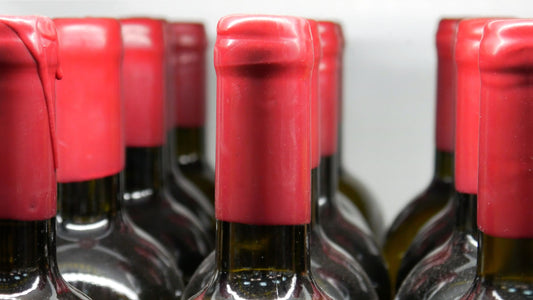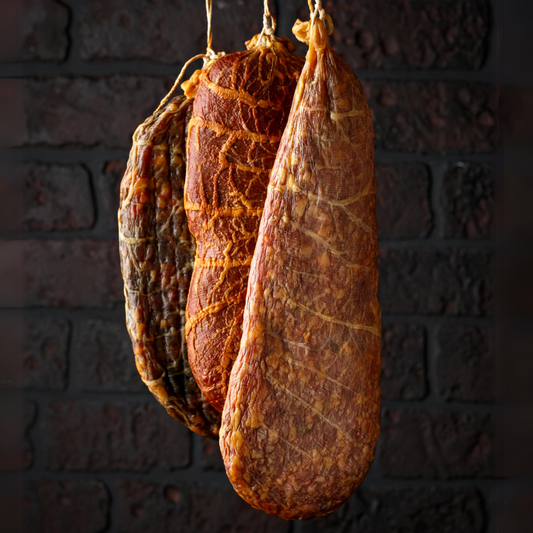Agglomerated or Natural Corks?

Now that we’ve learned everything about wine making, it’s about time for you to make a decision regarding the cork to be used while preserving your wine for that perfect occasion.
But, how do you make such decision? Aren’t all the corks the same? Well, you’ve come to the right place because today with The Artisan’s Bottega you will learn all about wine corks.
Let’s get into it! A little bit of history:
Corks became the sealing material for wine in the late 1600’s, when it became impossible for wine makers to create glass wine bottles with a uniform shape and design, making it difficult to seal and preserve. Over a 100 years later, easy-use corkscrews started to be popular among wine lovers and tavern owners. Flash forward to 21st century with the technology and innovation of years and years of wine making, and now we are able to purchase corks individually.
They’re even designed to allow close 1 milligram of oxygen to enter the bottle per year, which represents the right amount of air to make sure that the sulfites added in the process are removed, keeping the wine fresh and tasty as we all know and love it. So, as you may notice, corks play a starring role in the whole wine making process. But it’s important to make informed decisions in regards of the types of corks that exist and their benefits for your homemade wine.
For obvious reasons we will disregard synthetic options because we know that as a true artisan at heart, you will definitely prefer a more elaborate option, which leaves us to agglomerated and natural corks:
1. Agglomerated cork:
Within the agglomerated cork bracket, you can opt for micro-agglomerated (with 0.5 to 2.0mm granule size) which have the advantage that they are stronger and harder wearing that standard agglomerated corks and then you can choose between extruded and moulded agglomerated corks: extruded agglomerated corks are the cheapest cork option and the reason is because they are not very strong, so more likely to break when uncorking a bottle and giving a less reliable seal to the bottle. Moulded corks (which are always micro-agglomerated) are a much higher quality option and are becoming increasingly common in the industry now, because they are much stronger and their reliability/consistency is much better than extruded corks, but they are twice the price of extruded corks.
2. Natural cork:
Increasingly moulded agglomerated corks are taking market share from natural corks and the simple reason is price. Natural corks are extremely complex to produce given the fact that they have to be produced from uneven cork bark and then selected and divided by quality (and then selected and divided again after treatment) and are less easy to sterilise than agglomerated corks.
This makes good quality natural corks expensive and there is no point pretending otherwise, but is the extra money worth it? The choice is up to you! Some of the great advantages of natural corks are:
- Its natural porosity will allow a wine to age in a bottle that an agglomerated cork would not.
- Agglomerated corks contain synthetic binding agens, which although food-safe are not ideal to be in contact with the delicate flavors that many drinks have.
- Natural cork looks beautiful and organic, whereas agglomerated cork is uniform and looks semi-synthetic
With that being said, we can definitely conclude that natural corks are the best closure for high quality and spirits, because they confer a feel of quality and a nature to drinks that are bottled with them.
Putting it in another words, you can see a natural cork as steak, compared to agglomerated corks that would be like ground beef for burgers. They both have their place in the food market but when making the final decision between natural and agglomerated, you need to decide if you are enjoying fast food or fine dining. Once again, the decision is yours!
Thank you for reading our articles and allowing us to share our artisan expertise with you. If you happen to follow our tutorials for wine making or if you share this information with your friends and family, don't forget to tag us on our socials @artisans.bottega sharing your pictures!
We love checking up on our Artisans Family.


